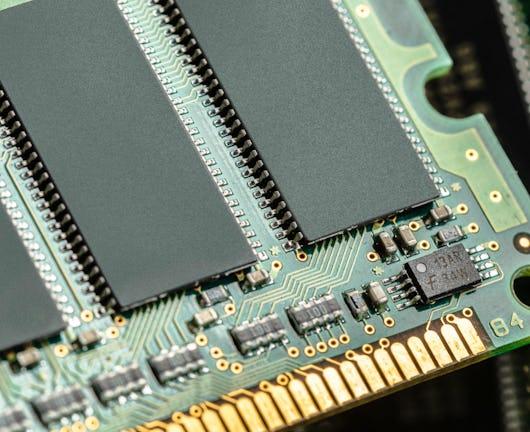MOOC List is learner-supported. When you buy through links on our site, we may earn an affiliate commission.

MOOC List is learner-supported. When you buy through links on our site, we may earn an affiliate commission.
Target Learners:
1. System architects and designers
2. Software developers and programmers may learn about programming models
3. Database administrators (DBAs)
4. IT managers and decision-makers
5. Data Scientists and Analysts
By the end of this course,
1) You will wield a comprehensive skill set for navigating PMEM landscapes, optimizing system performance, and crafting resilient applications with advanced programming tools.
Pre-Requisites:
1. Understanding of basic computer architecture
2. The Basics of Operating Systems
3. Storage and Memory Concepts
4. Programming Skills
5. Fundamental Algorithms and Data Structures
6. As the course may explore the performance consequences of employing PMEM, it is important to be aware of performance measures and factors in computer systems.
7. Linux is a popular platform for working with persistent memory; therefore, being able to use the Linux command line is frequently helpful.
What you'll learn
- Grasp in-depth knowledge of persistent memory and seamless integration with memory and storage, supported by the operating system.
- Learn transaction concepts, differentiate volatile and persistent libraries, and master file mapping in the context of Persistent Memory
- Understand libpmemobj's purpose and memory pool concepts
Syllabus
Introduction & Persistent Memory Architecture
This module provides a comprehensive exploration of persistent memory (PMEM), covering fundamental concepts and functionalities. You will delve into the essential characteristics of PMEM, analyzing platform support and data visibility. The module extends to assessing operating system support for memory and storage, offering insights into persistent memory-aware file systems. By the end, you will possess a nuanced understanding of PMEM, equipping them with the knowledge to navigate its key attributes, assess system compatibility, and comprehend the role of PMEM in contemporary storage solutions.
PMEM Development Kit
This module immerses you in the nuanced realm of transactions, imparting a solid grasp of their concepts. You will showcase proficiency in fine-tuning hardware configurations for optimal performance. Additionally, the module distinguishes between volatile and persistent libraries, elucidating their principles and applications. You will gain insights into separating flush operations for enhanced performance. By the module's conclusion, you will be adept at leveraging transactions, discerning between library types, and optimizing system performance through strategic hardware configurations.
libpmemobj, libpmemobj-cpp and pmemkv
This module provides a comprehensive exploration of advanced programming concepts, delving into the purpose and intricacies of libpmemobj and the implementation of memory pools. You will uncover and overcome limitations imposed by the C++ Standard, gaining the skills to simplify persistence mechanisms in programming. The module culminates with an in-depth analysis of the pmemkv architecture. By the end, you will be well-versed in leveraging powerful programming tools and techniques for efficient and robust application development.
MOOC List is learner-supported. When you buy through links on our site, we may earn an affiliate commission.
MOOC List is learner-supported. When you buy through links on our site, we may earn an affiliate commission.
